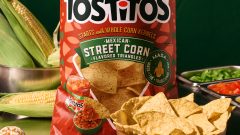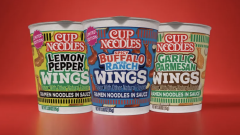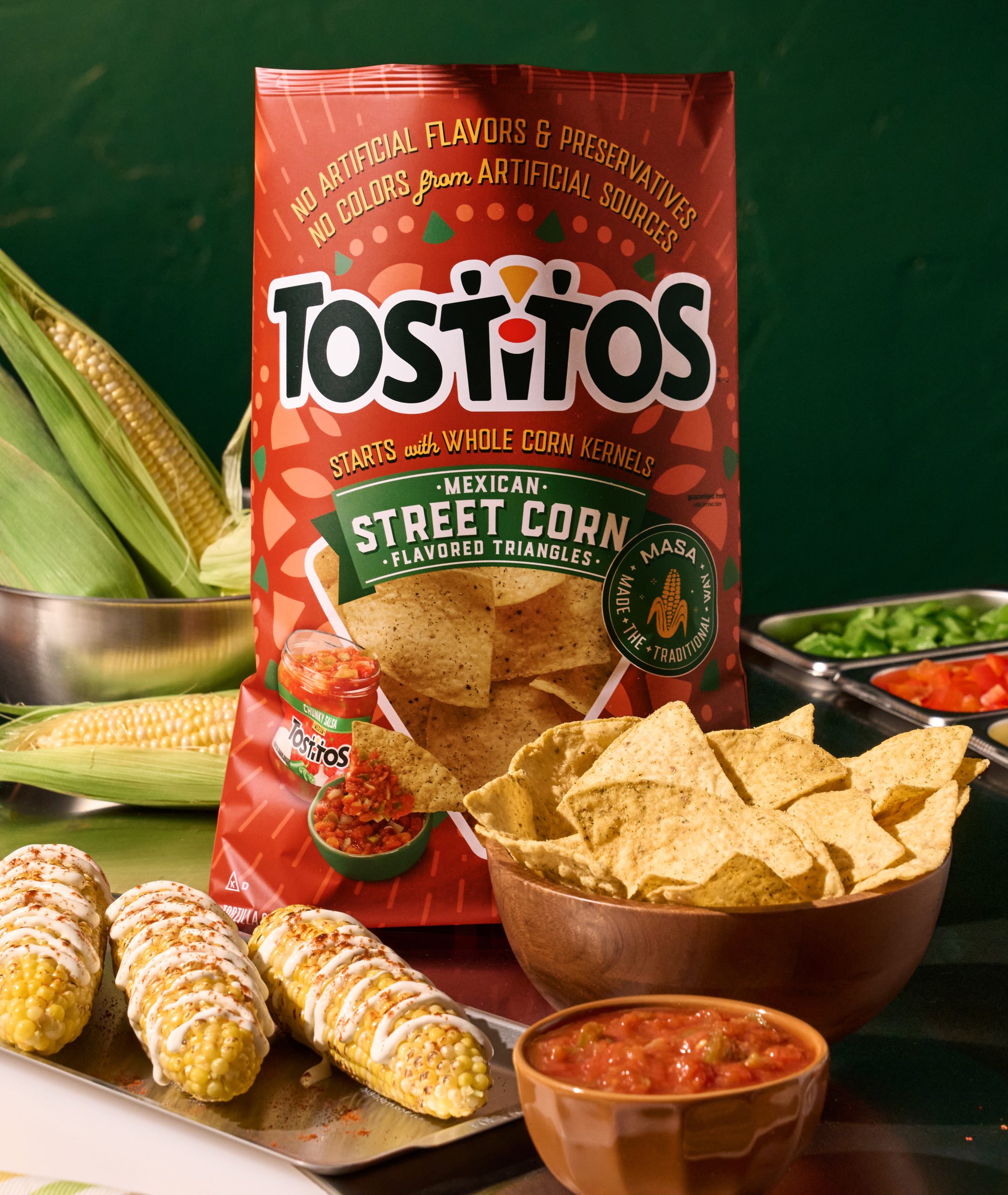Chew On This: 10 Food Idioms Explained

Even if you don’t wax poetic on food blogs or write prolifically on Yelp, chances are that you probably talk about food more you think.
Realize it or not, food-related figures of speech have always been a part of our daily conversations — just like that extra serving of veggies that Mom always tried to sneak into lasagna. We all know what it means for something to be “easy as pie” or “chopped liver,” but how many of us really know why pie is “easy” (hey, if it were that easy, why isn’t pie made more often?) or why a minced-up delicacy essentially means that you’re feeling ignored?
As it turns out, the roots of quite a few oh-so-familiar expressions aren’t actually familiar at all. According to reporter Robert Sietsema at Village Voice, some food idioms need some explaining — and their origins go way, way, back.
We’ve gotta admit — his list of ten got us curious — and encouraged us to do our own research on our favorite food-derived idioms and popular sayings.
Below, a list of our top picks from Sietsema, along with a few other personal favorites:
————————–
1. “Easy as Pie”
When it comes to “easy as pie,” it seems that not all of the pieces of the pie phrase are still present in today’s version of the idiom. Apparently, the expression was originally something like, “Easy as eating a piece of pie,” which was “gradually shortened to ‘easy as pie.'” Yes, eating a piece of pie is pretty easy.

2. “Piping Hot”
What about “piping hot?” According to Sietsema, the expression has been around since the late medieval times, and refers to “the steam that shot out of a spouted tea kettle, a device in use at least since ancient Mesopotamia.” Basically, “piping” hot means “boiling” hot. Makes sense.

3. “Bone to Pick”
When someone says that they have a “bone to pick” with you, it means that you’re in for a lengthy discussion or argument — much like someone (a dog, perhaps?) insistently chewing on a large bone, so much so that they’ve “picked it clean.” That explains it! Apparently the phrase, which often refers to someone who is upset, dates back to the 16th century.

4. “Bring Home the Bacon”
“Bring home the bacon” is a phrase which is commonly used enough — and usually refers to being financially successful, particularly for one’s spouse or family. But where exactly did this come from (and yes, we understand bacon is delicious, but why bacon?) Well, it seems that in the 12th century, an English church promised “a side of bacon to any married man who could swear before the congregation and God that he had not quarreled with his wife for a year and a day.” That’s no easy feat for sure, and that’s perhaps that why “bringing home the bacon” is held in such high regard. But other sources say that the phrase was actually coined in the early 20th century, and was related to …. boxing.

5. “Chopped Liver”
On that meat-related thread, what about “chopped liver?” This one had us scratching our heads — it’s not a common dish to bring up. But it turns out that it’s not so random after all, since “chopped chicken liver, whether in Ashkenazi or Italian cooking, is a side dish, and one that is easily upstaged by a main course,” writes Sietsema. The question — “What am I, chopped liver?” — now makes a lot more sense.

6. “Happy as A Clam”
We know that eating clams can make us happy (and incredibly full), but are clams *themselves* happy? The phrase “happy as a clam” would lead one to believe that perhaps these delicious mollusks are merrier than most of their seafood brethren, but it turns out that the phrase has its origins in the way clams are harvested for eating. The phrase was originally “happy as a clam in high water,” which refers to how clams are out of danger at high tide — since they must be dug for when the tide is safe and low. (PS — that cat looks pretty happy.)

7. “Big Cheese”
How did the “big cheese” become the “big cheese?” What does a dairy product have to do with being a high-ranking hotshot or self-important person at the top? It seems that the origins of the negative phrase first came from a positive one. After all, “he’s the cheese” was first a compliment meaning “first rate” (ah, so British!), but it soon became negative — when “big” began to describe a person of “more than common importance.” Some say it perhaps echoed “bigwig.”

8. “Cold Turkey”
We’ll admit that this one has puzzled us for a while. Going “cold turkey” means giving up a habit or addiction suddenly — instead of weaning oneself off of it slowly or gradually. Sudden, and definitely not pretty, but where does it come from? While some believe that it has do with comparing the “cold turkey” to the addict himself (you know, all pale with cold sweats and goose bumps), others point out that the dish admittedly requires little (if any) preparation and could easily mean “suddenly or without preparation,” like that cold turkey rehab program.

9. “With a Grain of Salt”
“With a grain of salt,” which means to view something lightly or with skepticism, is perhaps the most common phrase of all — but has its roots from a long, long time ago. Apparently the phrase dates back to Pliny the Elder (yes, it’s THAT old), and was used in the text, Naturalis Historia. In Naturalis Historia, an antidote to a poison is detailed at length — and one of those ingredients is a grain of salt. You could cautiously protect yourself against poison and “injurious effects” by taking a grain of salt every day — hence the phrase.

10. “Good Egg”
A “good egg” might seem like a innocuous, decent compliment — but let’s be honest, rotten eggs aren’t really common among chicken eggs, as Sietsema points out. Since the good eggs far outnumber the bag, perhaps the expression really means that the “good egg” is really nothing out of the ordinary — along the same lines of “He’s a nice fellow.” Funny how a little research can change your perception of these expressions!

How’s that for food for thought?
via Village Voice























